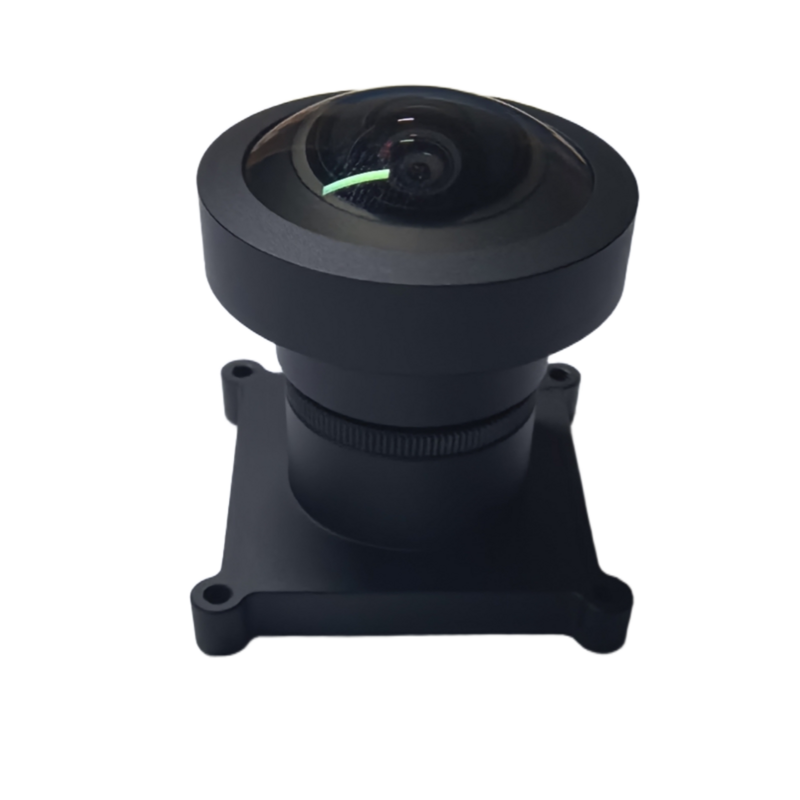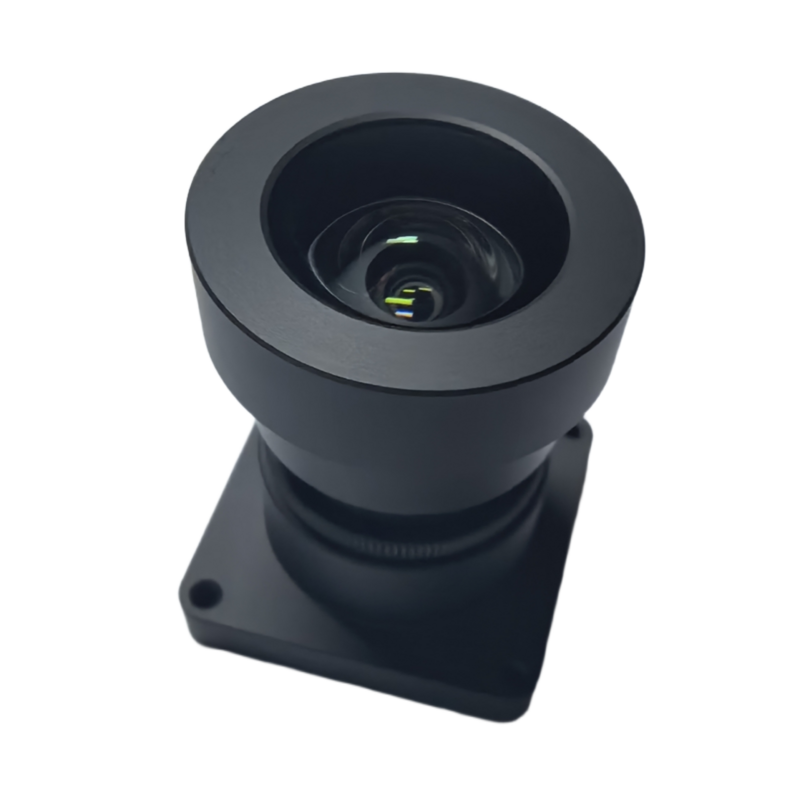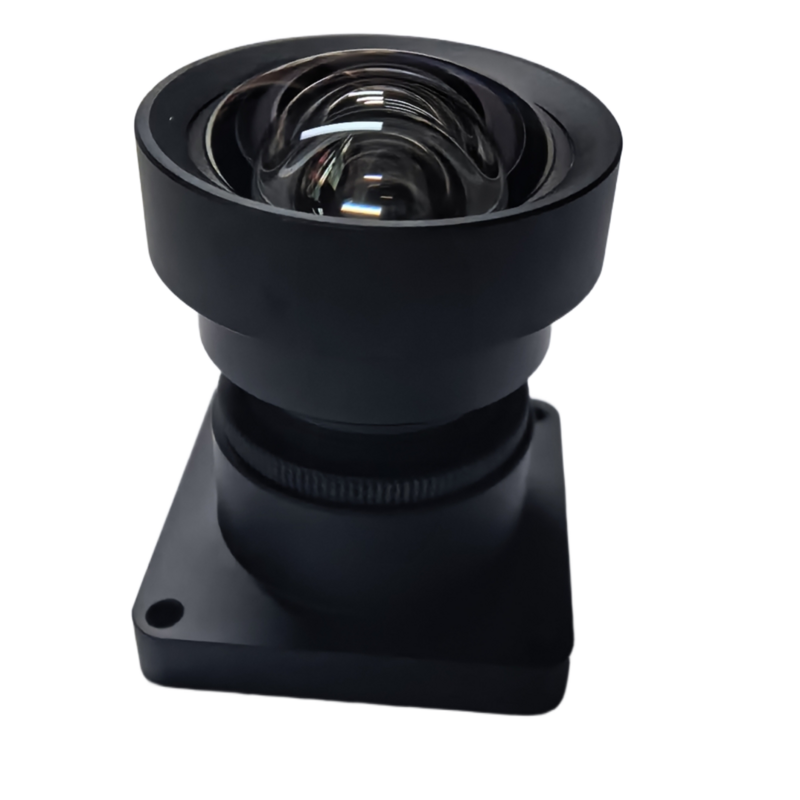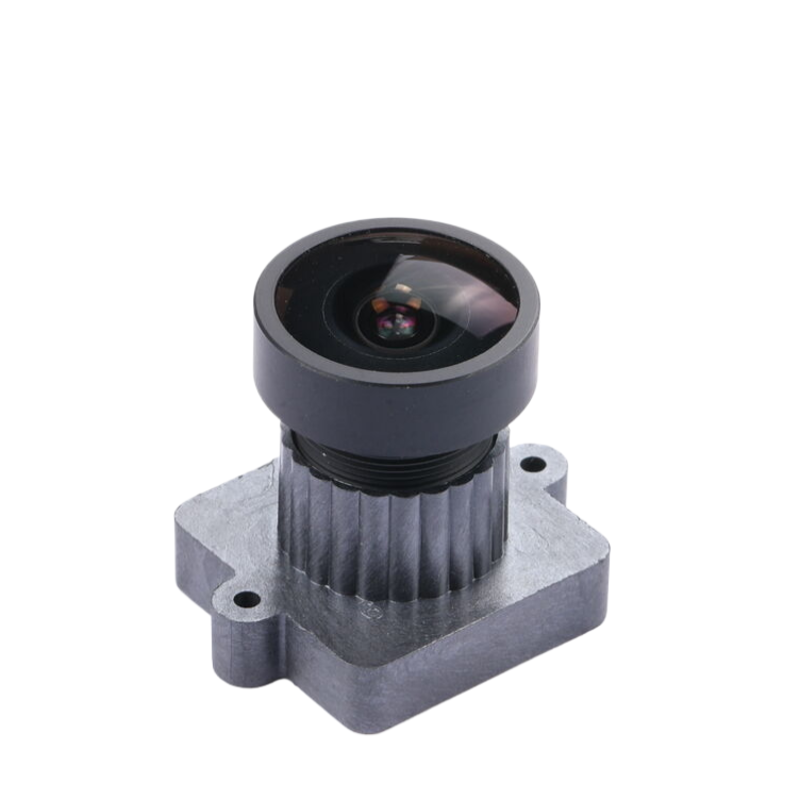Company News
Understanding the Importance of Lens Selection in Machine Vision
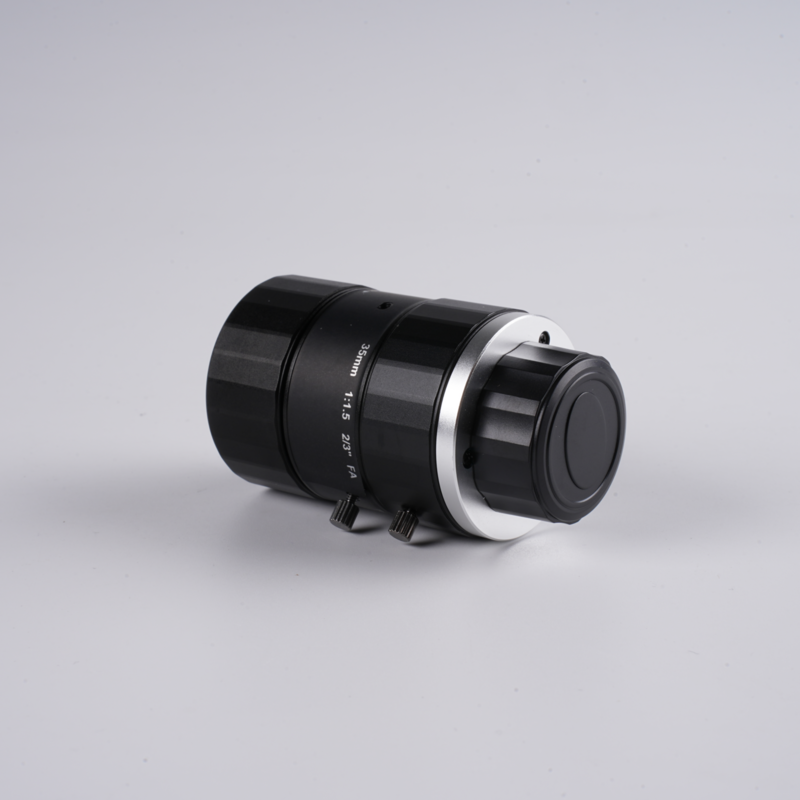
In the world of machine vision, visual precision plays a crucial role in the success of industrial processes. To achieve accurate and reliable results, it is essential to choose the right lens for your machine vision system. This article will guide you through the process of lens selection, providing you with valuable insights and practical advice.
1. Technical Considerations
When it comes to selecting an industrial lens for machine vision, several technical factors need to be taken into account:
- Focal Length: The focal length determines the field of view and the size of the object being imaged. A longer focal length provides a narrower field of view and is suitable for capturing distant objects in detail, while a shorter focal length offers a wider field of view for close-up inspections.
- Aperture: The aperture affects the amount of light reaching the image sensor. A wider aperture allows more light to pass through, which is beneficial in low-light conditions. However, a smaller aperture provides a greater depth of field, ensuring that objects at different distances remain in focus.
- Resolution: The lens resolution must be compatible with the image sensor resolution to achieve optimal image quality. Higher-resolution lenses are necessary for capturing finer details and achieving sharper images.
2. Environmental Considerations
The operating environment of your machine vision system also plays a crucial role in lens selection. Consider the following factors:
- Working Distance: The distance between the lens and the object being inspected affects the lens type required. A telecentric lens is suitable for applications that demand a constant magnification regardless of the working distance, while non-telecentric lenses are more versatile for varying working distances.
- Lighting Conditions: The availability and intensity of light influence lens selection. For applications with insufficient ambient light, lenses with higher transmission capabilities or those compatible with infrared light may be necessary.
- Environmental Conditions: If your machine vision system operates in harsh environments with extreme temperatures, humidity, or dust, it is crucial to select a lens with appropriate protection, such as sealing against moisture or dust.
3. Application-Specific Considerations
Every machine vision application comes with its unique requirements. Consider these application-specific factors when choosing an industrial lens:
- Speed and Throughput: If your application demands high-speed image capture or increased production throughput, you may need a lens with a wide aperture and fast focus capabilities.
- Object Properties: The characteristics of the objects being inspected, such as size, shape, and surface texture, affect lens choice. It is essential to select a lens that can capture the necessary details and differentiate between defects and normal variations.
- Compatibility with Other Components: Ensure the lens is compatible with other components of your machine vision system, such as cameras, lighting, and image processing software. Proper integration and synchronization are vital for optimal performance.
4. Calibration and Testing
After selecting the appropriate industrial lens, the calibration and testing phase is crucial to verify its performance. Conduct tests to ensure image clarity, accuracy, and resolution meet your requirements. Fine-tune the system settings if necessary before deploying it for real-world applications.
By considering these technical, environmental, and application-specific factors while selecting an industrial lens for your machine vision system, you can ensure the visual precision necessary for your specific applications. Remember, choosing the right lens is an investment in the efficiency and accuracy of your machine vision processes.
For further assistance and guidance in lens selection, reach out to experts in the field of machine vision technology. They can provide personalized recommendations based on your specific requirements and help you achieve optimal results.
 English
English  German
German Japanese
Japanese Korean
Korean Vietnamese
Vietnamese French
French Spanish
Spanish भारत
भारत
